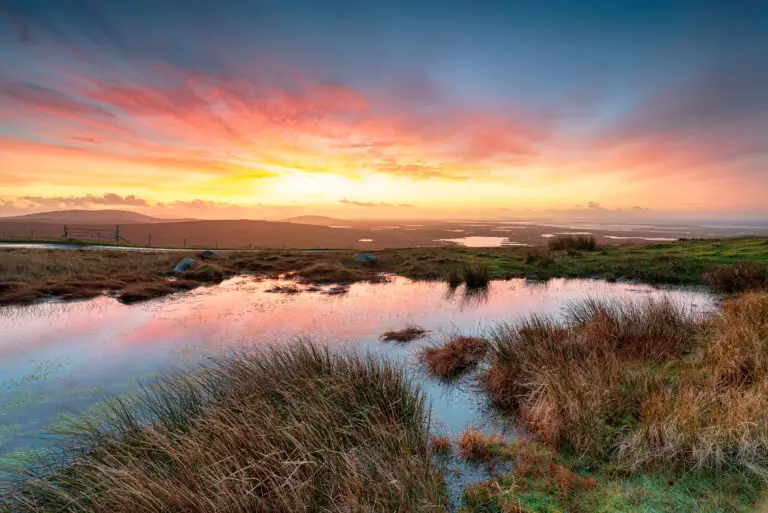Nature recovery is crucial in the UK’s race to Net Zero… so why is it missing in action from Labour policy?
Nature not only holds immense intrinsic value, but it also underpins our entire society.
From the air we breathe and food we eat, to the clean water, medicines, and raw materials that we use, our natural capital is the lifeblood of the global economy. In fact, in the UK alone, the ONS has estimated that just three of the UK’s natural ecosystems (woodlands, farmland, and freshwater habitats) are currently valued at over £178bn.[1]
As the UN secretary general recently announced that the “era of global boiling has arrived”, with July 2023 the hottest month ever recorded, the need to address the climate change has never been more urgent.
Environmentalists have long been urging policymakers to address the inextricable link between the nature and climate crises. It is clear now more than ever, that addressing the nature and biodiversity crisis is paramount for future food, economic and social security.
Yet, as the news is dominated by eco-crisis linked disasters, decisive policy commitments from the Labour party remains to be seen.
July saw the convening of Labour’s National Policy Forum (NPF) a crucial moment where 200 representatives from all major parts of the party met as part of the process to shape the party manifesto. While disagreements surrounding the two-child benefit cap dominated media coverage, wider issues concerning the climate crisis were resigned to the back.
For Labour, climate action (and nature recovery) has become a political hot potato. As the shadow cabinet seemingly rowed back on climate commitments by scaling back plans to its £28bn green prosperity plan and Keir Starmer was accused of wavering on international climate commitments, it seems that comprehensive climate policy has been placed at odds with fiscal responsibility.
While policies focused around delivering clean energy pledges and facilitating renewable energy projects feature on the draft policy platform, cohesive policies to mitigate the nature and biodiversity crisis are missing in action.
Recent by-elections have emphasised how local green issues, whether that be sewage and water quality or ULEZ can be the deciding factor for voters.
Yet, while evidence shows that investment in nature pays (as environmental degradation directly impacts public health and life expectancy) still there has been a lack of ambitious policy which would prioritise nature restoration.
However, it’s certainly not all doom and gloom. Shadow climate secretary Ed Miliband and other members of the shadow frontbench, namely Jim McMahon and Alex Sobel have expressed the importance of a credible plan to tackle the nature crisis.
Speaking at a Green Alliance event, Miliband stated that nature was integral to the solution to climate change while both he and Sobel have confirmed that all labour policies will be subject to a climate and nature test.
At the recent Nature 2030 launch, which saw leading nature NGOs and campaigners back ambitious policies including a National Nature Service, the mood in the room was energetic, as Alex Sobel promised that nature would not be left behind.
What is needed now, more than ever, is a joined up climate and nature policy, one that includes structural reforms for land use management, rewilding and habitat restoration, alongside ambitious targets to deliver green energy.
Labour has traditionally been the more “nature positive” party, tracing back to the Attlee government’s creation of the first National Parks and Blair’s extension of the Countryside and Rights of Way Act in 2000 which extended public access to the countryside.
It is certain that Labour has the foundations required to put forward a compelling case for more radical policies that would place nature restoration and recovery at the heart of green pledges. As election season grows closer, environmental NGOs will be watching closely to see if sentiment can be translated into policy.
[1] Office for National Statistics -England Natural Capital Accounts (2023) https://www.ons.gov.uk/economy/environmentalaccounts/bulletins/englandnaturalcapitalaccounts/2023#:~:text=The%20total%20asset%20value%20of,the%20total%20UK%20annual%20value.





